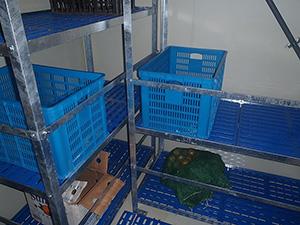The Maritime Labour Convention 2006 is an international convention created to support seafarers working conditions and welfare. Read more about the Maritime Labour Convention.
- Hours of rest and fatigue
Fatigue is a safety hazard as it can reduce your ability to do your job, affects your wellbeing and can lead to accidents. Not enough sleep, night work, irregular and long working hours, repetitive tasks and high work demands can all lead to fatigue. Fatigued individuals suffer poor judgement and make bad decisions. You need to manage the risk of fatigue.
Reduce fatigue as a seafarer by:
- take regular breaks
- eat and exercise regularly
- rotate work tasks
- take naps if you can’t have a long break
- see a doctor for treatment if you think you have a sleep disorder such as insomnia or sleep apnoea
- find more at the Australian Seafarers’ Welfare Council.
Reduce fatigue as a master or person in charge can do:
- Provide enough staff and resources to conduct tasks safely and effectively.
- Make sure schedules include work hours, rest periods and long sleep breaks. Keep reassessing and changing where necessary.
- Offer fatigue awareness training to seafarers and other workers.
- Arrange napping plans to use when long periods of sleep are not available. Naps are a good boost of alertness but they do not replace the need for a long period of sleep.
- Altering the ships work areas to support alertness when working such as bright lights and air ventilation.
- Altering the ships sleep areas to support sleep when resting such as dim lighting and quiet spaces if possible.
Read the Maritime Safety Awareness Bulletin about Fatigue (Issue 5) and see the Maritime Labour Convention 2006 for more information.
- Allowances
Seafarers must be paid in full every month as required by the Maritime Labour Convention 2006 . If there is not a proper record of payment or the records are found to be untrue, the ship may be detained until crew are paid their outstanding wage and agreements are in place for regular payment.
- Food
There should be food of appropriate quality, nutritional value and quantity that meets the needs of the crew taking into account the differing cultural and religious backgrounds onboard. If inspectors find there is not enough, the ship may be detained until enough food is supplied for the rest of the trip.
